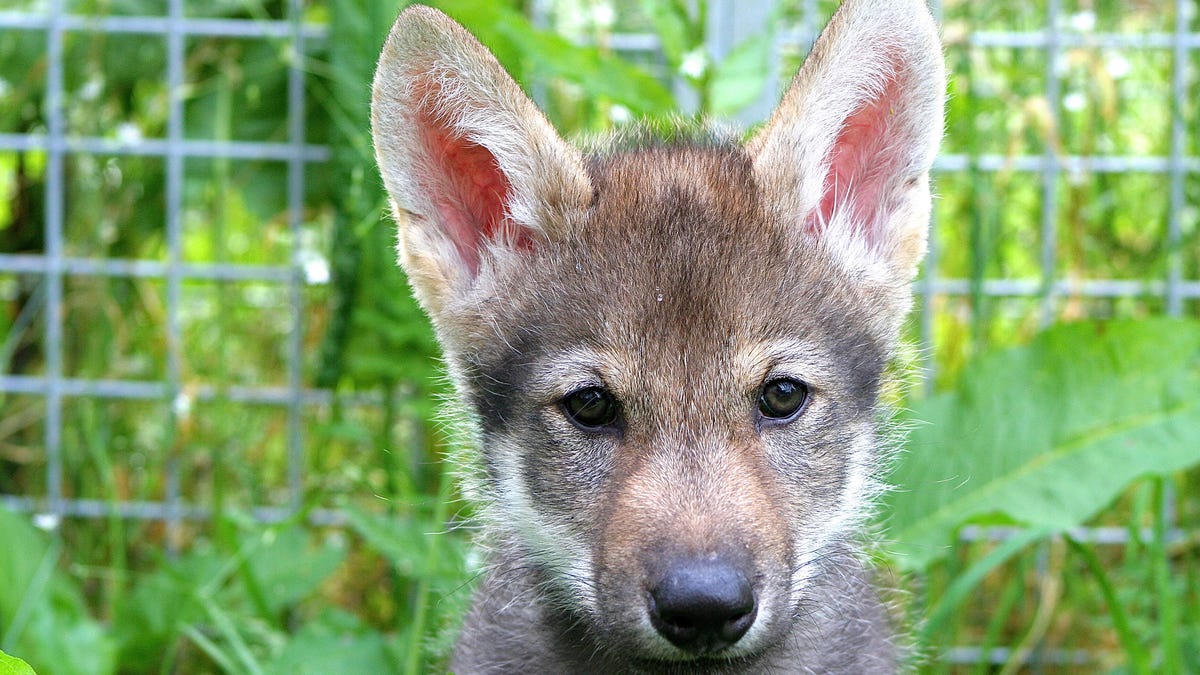Scientists surprised by wolf puppies playing fetch
The game of fetch may have more ancient origins than researchers originally suspected.
Fetch isn't just for dogs. Some wolf puppies are down to play, too.
A team of researchers put 13 8-week-old wolf puppies from three different litters through a series of tests usually used to assess dog-puppy behavior. In an unforeseen twist, three of the pups were interested in playing fetch with a stranger, which included bringing a ball back when encouraged to.
The team published a study on the fetching phenomenon in the Cell Press journal iScience on Thursday.
"The discovery comes as a surprise because it had been hypothesized that the cognitive abilities necessary to understand cues given by a human, such as those required for a game of fetch, arose in dogs only after humans domesticated them at least 15,000 years ago," said Cell Press in a release on Thursday.
The fetching behavior snuck up on the researchers, since the first two wolf litters involved in the tests showed no interest in balls, which was in line with the researchers' expectations for the young wolves. The third litter broke the mold.
"When I saw the first wolf puppy retrieving the ball I literally got goose bumps," said Christina Hansen Wheat of Stockholm University, Sweden. She described the behavior as "unexpected."
Hansen Wheat tweeted a video of one of the pups in action.
Turns out that wolves can fetch! Check out our paper on how standing variation in the expression of human-directed behaviour in ancestral populations could have been an important target for early selective pressures exerted during dog domestication https://t.co/P7OMcScbro pic.twitter.com/4QWXd3Cwl2
— Christina Hansen Wheat (@ChristinaHWheat) January 16, 2020
The behavioral tests had a small sample size but suggest that the fetching interest may be a rare trait among wolf pups. This study is one result from a larger project in which researchers are hand-raising wolves and dogs and comparing their behaviors.
The playful pups from the litter that fetched may give us hints about how some wolves became domesticated, and also about the possible origins of dog behaviors.
The next time you go out to play fetch with your own dog, give a thought to the wolves that might've made the game possible.


